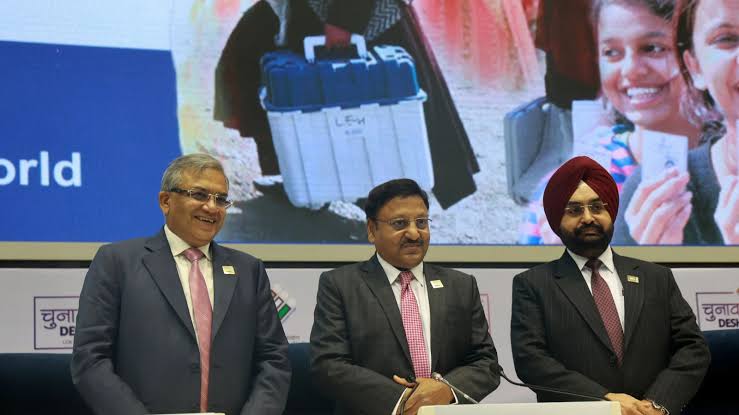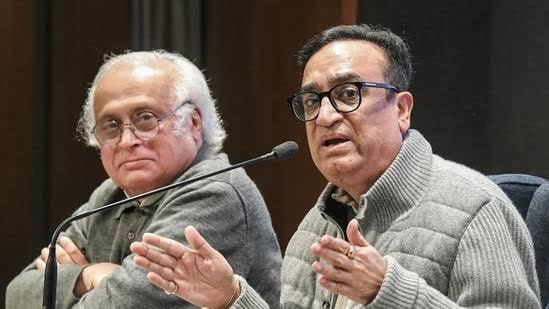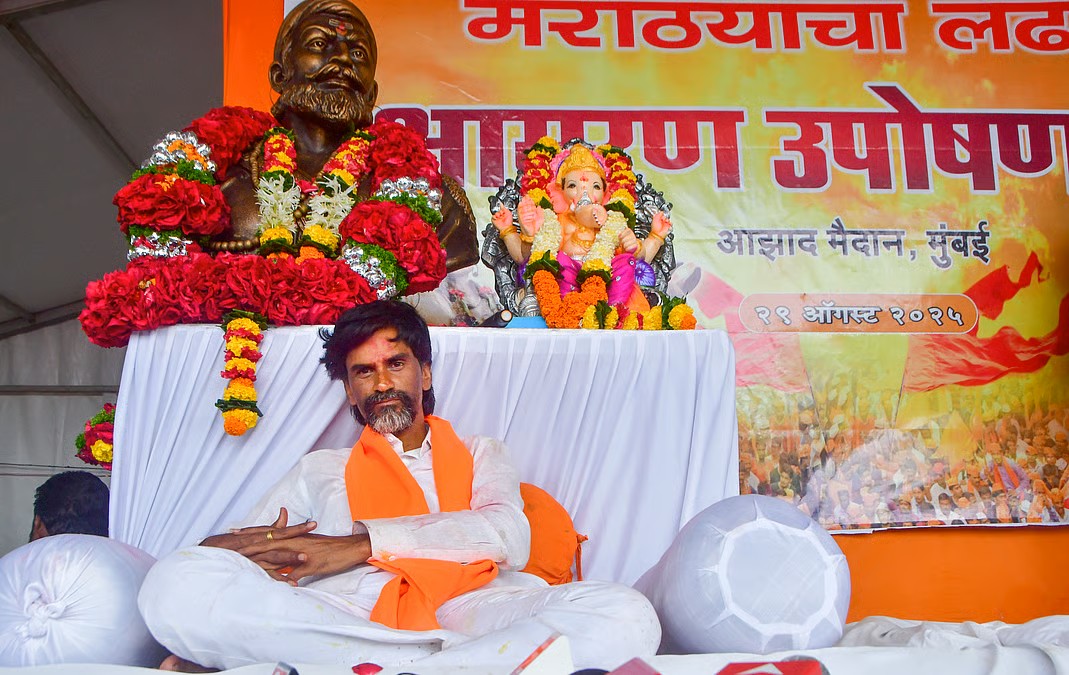In a significant development, Prime Minister Narendra Modi, Home Minister Amit Shah, and Leader of Opposition Rahul Gandhi convened to appoint a new Chief Election Commissioner (CEC), following the impending retirement of Rajiv Kumar. This marks the first time a selection panel has been formally established to oversee the appointment of the country’s top election official, a shift that has sparked debate over the process and its implications.
 For decades, the appointment of Election Commissioners in India followed an informal tradition rather than a codified legal framework. The President, acting on the Prime Minister’s advice, made these crucial selections, usually promoting the senior-most Election Commissioner to the role of CEC. However, the new appointment method has altered this process significantly. Under the Chief Election Commissioner And Other Election Commissioners (Appointment, Conditions of Service And Term of Office) Act, 2023, a structured selection procedure has been introduced.
For decades, the appointment of Election Commissioners in India followed an informal tradition rather than a codified legal framework. The President, acting on the Prime Minister’s advice, made these crucial selections, usually promoting the senior-most Election Commissioner to the role of CEC. However, the new appointment method has altered this process significantly. Under the Chief Election Commissioner And Other Election Commissioners (Appointment, Conditions of Service And Term of Office) Act, 2023, a structured selection procedure has been introduced.
The new law requires a search committee, led by the Law Minister and two senior bureaucrats, to shortlist five candidates. These names are then forwarded to a selection committee, comprising the Prime Minister, the Leader of Opposition, and a Union Minister nominated by the PM. This change in procedure followed a Supreme Court intervention that questioned the fairness of the previous system, leading to the court recommending a panel including the Chief Justice of India (CJI) as a safeguard. However, when Parliament enacted the law, it replaced the CJI with a Cabinet Minister, giving the ruling government a stronger influence over the final selection.
During the recent meeting, Rahul Gandhi submitted a dissent note, urging the government to delay the appointment until the Supreme Court rules on petitions challenging the new selection method. The matter remains contentious, as critics argue that removing the judiciary from the process could compromise the Election Commission’s autonomy. Despite Gandhi’s objections, sources indicate that decisions on both the new CEC and an additional Election Commissioner have already been finalized, with an official announcement expected soon.
The revised system introduces more explicit eligibility criteria, specifying that only individuals who have served in Secretary-level positions in the government and have expertise in election management can be appointed. The law also prevents reappointment and limits the combined tenure of an Election Commissioner and CEC to a maximum of six years. These stipulations aim to bring clarity and consistency to an appointment process that was previously guided more by convention than by law.
While the immediate concern is the appointment of Rajiv Kumar’s successor, the broader implications of this reform remain uncertain. With the Supreme Court scheduled to hear the case on February 19, a day after Kumar’s retirement, the legality of the new appointment framework is still under judicial scrutiny. If the court rules against the recent changes, it could lead to a reassessment of the entire process, potentially reinstating a role for the judiciary in the selection of Election Commissioners.
This situation underscores the ongoing debate over institutional independence and executive influence in India’s democratic framework. The Election Commission has historically played a crucial role in ensuring free and fair elections, and its credibility hinges on the impartiality of its leadership. As political and legal battles unfold, the nation watches closely, recognizing that the way India appoints its election officials is not just a procedural issue—it is fundamental to the democratic process itself.




